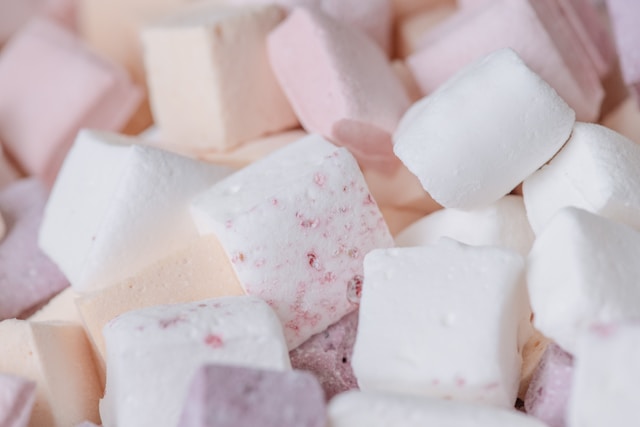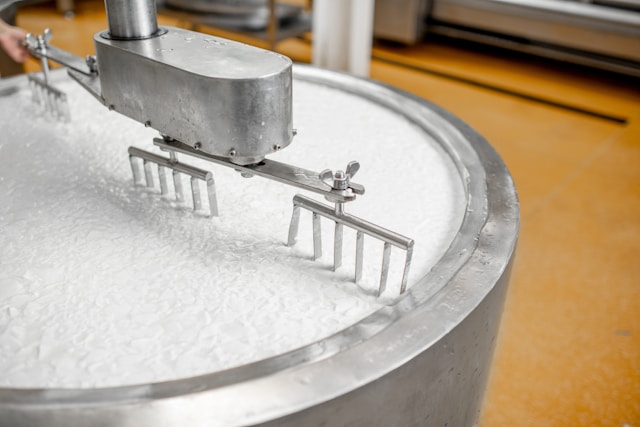The on-sale bar in US patent law starts when the product is on sale even if the process to make the product is secret. This has an effect on a lot of companies including software companies.

Setup
An important question is when you can file a patent application. Typically, if you disclose the invention then you cannot file for a patent application in most of the world. Canada and the United States gives a grace period of one (1) year. If your product is on-sale it is often disclosed. So the clock starts under the “on-sale bar”. However, what if the product is on sale but is the product of a secret process?
Summary of Celanese v ITC regard the on-sale bar
In Celanese International Corporation v. International Trade Commission (ITC), decided by the Federal Circuit on August 12, 2024 the court ruled the product of a secret process is time barred from patentability if it has been on-sale for more than one (1) year, and the fact the manufacturing method was secret doesn’t change anything.

Background: Celanese makes artificial sweeteners. It filed a patent application on September 21, 2016. However, Celanese has used this process in secret in Europe for more than one year before the filing date. Celanese asserted its patent against an importer in the ITC, a court in Washington D.C. dealing with trade matters. The ITC invalidated the asserted claims for want of novelty under the on-sale bar. Celanese appealed to Court of Appeals for the Federal Circuit.
Court’s decision: The Federal Circuit, second only to the US Supreme Court on patent matters, affirmed the ITC’s decision, agreeing that the patent was indeed invalid under the on-sale bar. This provision prevents a patent from being granted if the invention was on sale more than one (1) year before the patent application was filed.
Implications for your patent strategy
This ruling highlights the importance of the on-sale bar in US patent law and its impact on the validity of patents. Also, this decision shows clear differences between the US interpretation of the on-sale bar and that used elsewhere. Decisions like this affirm the strategy of filing your patent applications early.
The implications for companies in other fields is unknown. However, you could imagine this case being applied to software that creates a product (i.e., a digital object) from a secret back-end process. In which case the first time you offered the software for sale could be relevant to when you need to file a patent application. Or there could be a different case for software claims.



